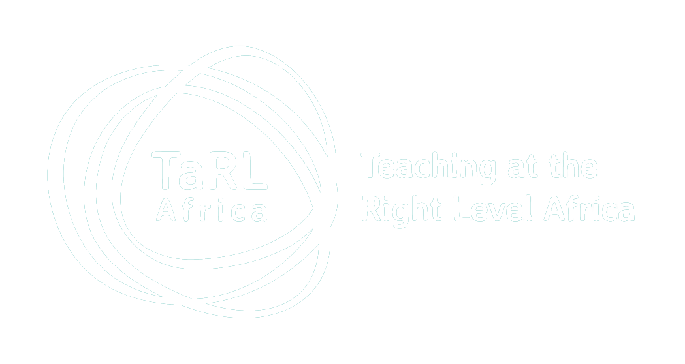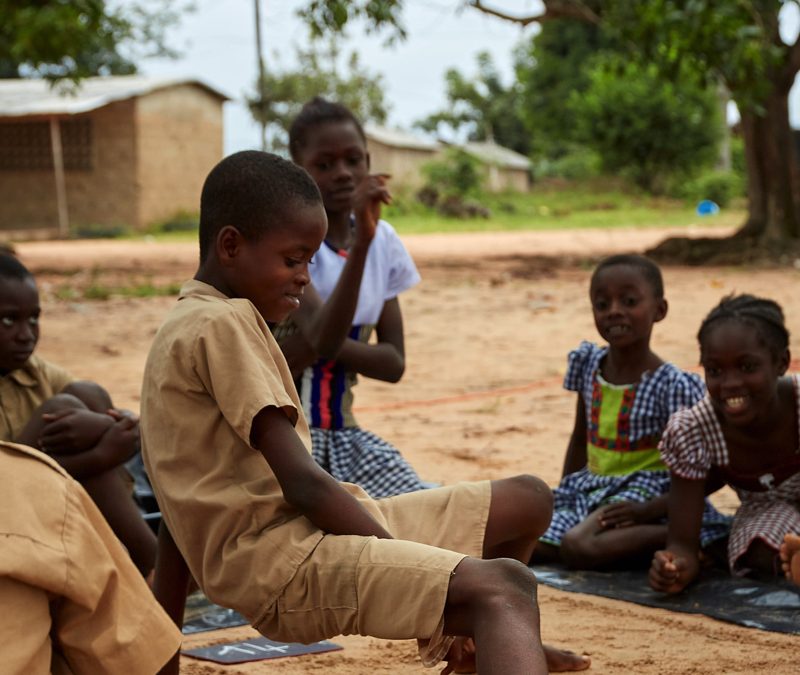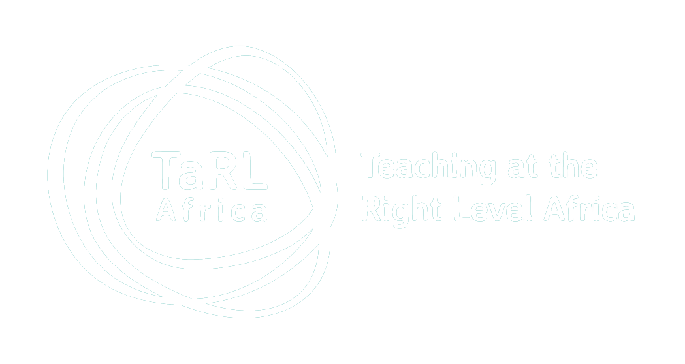Programme d’Enseignement Ciblé, an innovative approach to ensuring the acquisition of fundamental skills for all children
Over the past decade, access to primary schooling has improved worldwide, particularly in sub-Saharan Africa. Most low- and middle-income countries have made tremendous progress in promoting schooling and now have primary school enrollment rates close to those of high-income countries.
However, data on primary school achievement highlight a painful reality: enrolling children in school does not necessarily guarantee their education.
In 2019, the World Bank, based on data developed jointly with the UNESCO Institute for Statistics, estimated that 53% of children in low- and middle-income countries could not read or understand a simple story by the end of elementary school. In poor countries, this rate can reach 80%.
In Côte d’Ivoire, the CONFEMEN Programme for the Analysis of Education Systems
(PASEC 2019), reveals that children complete primary school with significant gaps in French and mathematics. Indeed, 59.5% of primary school students do not have the required basic reading skills, and 41.2% do not master the said skills in mathematics either.
To close these gaps, the Ivorian government has partnered with TaRL Africa (Teaching at the Right Level Africa) and the Transforming Education in Cocoa Communities (TRECC) initiative to implement Teaching at the Right Level (TaRL) — an innovative accelerated learning approach pioneered by the Indian education NGO Pratham. The TaRL approach has already proven itself in India and since 2016, has been adapted in many countries on the African continent.
Programme d’Enseignement Ciblé or PEC, is the adaptation of the TaRL approach to the Ivorian context. For one and a half hours a day during school hours, students from CE1 to CM2 (grade 3 to 6) are grouped by their actual learning levels, and not by their grade level, to conduct fun activities. These activities develop their literacy and numeracy skills. PEC activities utilise and enhance school spaces, allowing students to group together easily, utilise the walls and floor of the classroom, and make use of the school’s outdoor spaces. The acceleration of learning is also facilitated by the following practice: the benches are set aside for the duration of the session. Students and teachers then sit on the ground, empowering students to feel more confident and free to express themselves. This approach also contributes to the development of social skills, in addition to those that are strictly academic.
The TaRL approach, which was introduced in Côte d’Ivoire during the 2018-2019 school year, proved its worth during the pilot phase. Indeed, after six months of intervention in 50 schools, students demonstrated remarkable progress in French and mathematics. While at the beginning of the program, only 14% of students were able to read a short text (the size of a paragraph), by the end of the intervention, 51% of them were able to read a text properly. For numeracy, the percentage of students who could solve subtraction problems rose from 12% to 63%. Since then, the program has continued to grow, with the goal of nationwide expansion. This has been supported in large part by the Child Learning and Education Facility (CLEF) initiative, which is expected to reach more than 5,000 schools in the next five years. Today, PEC is being implemented in about 1,000 schools in the regions of San Pedro, Soubré, Daloa, Bouaflé and Divo, with promising results recorded by the end of this year 2021-2022. In fact, the number of students able to read a paragraph has increased from 13% to 36.5%. The number of students able to perform a subtraction operation has also increased from 21.5% to 51%.
However, even if the results of such a program are encouraging, there is still a long way to go to achieve UN’s Sustainable Development Goal 4 (SDG 4) by 2030, which aims at “Quality Education.” Therefore, the SDGs must continue to be at the forefront of government initiatives around the world and provide a roadmap to a better and more sustainable future for all. These goals are interconnected. Thus, it is important to achieve each of them, through each of their targets, in the coming years. However, knowing that many factors need to be taken into account if nothing is done urgently to address the quality of education in Côte d’Ivoire, it is very likely that the goals outlined in SDG 4 will not be achieved by 2030. PEC is proving to be a solution to this problem.
The op-ed was first published in Abidjan.net



